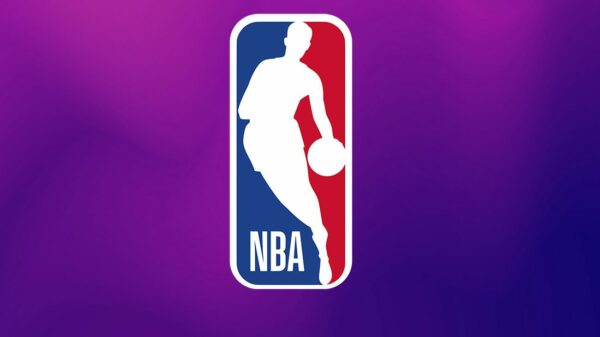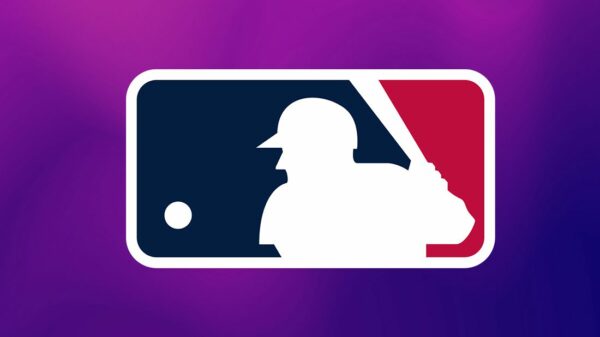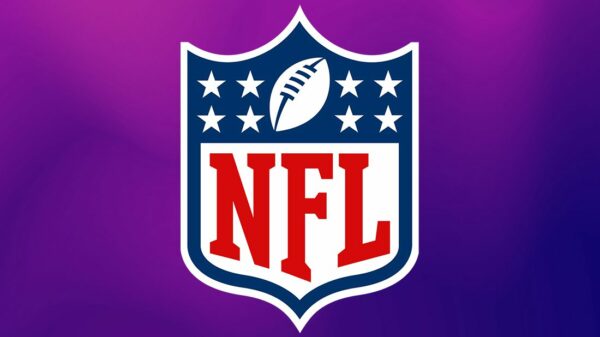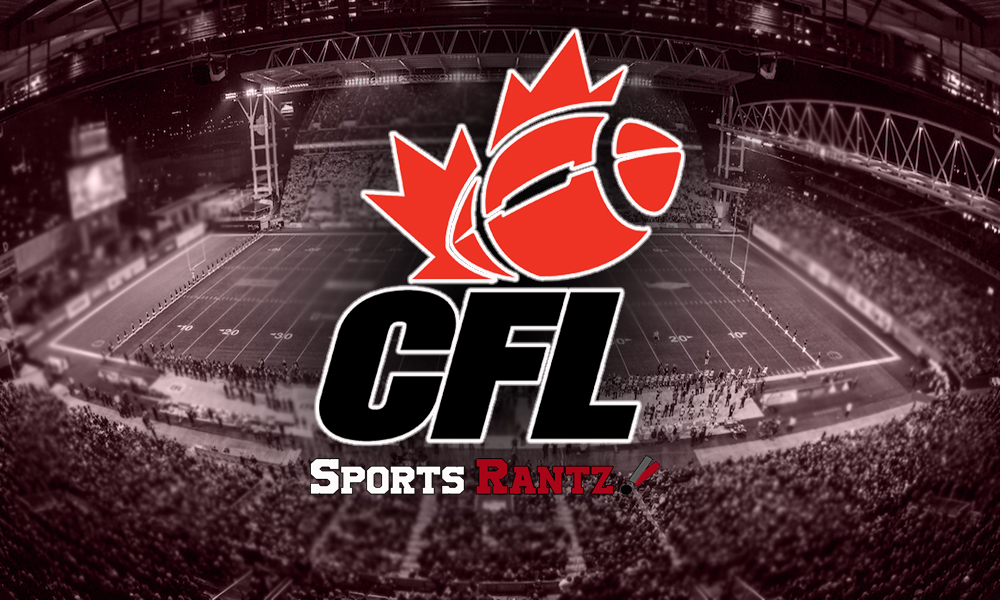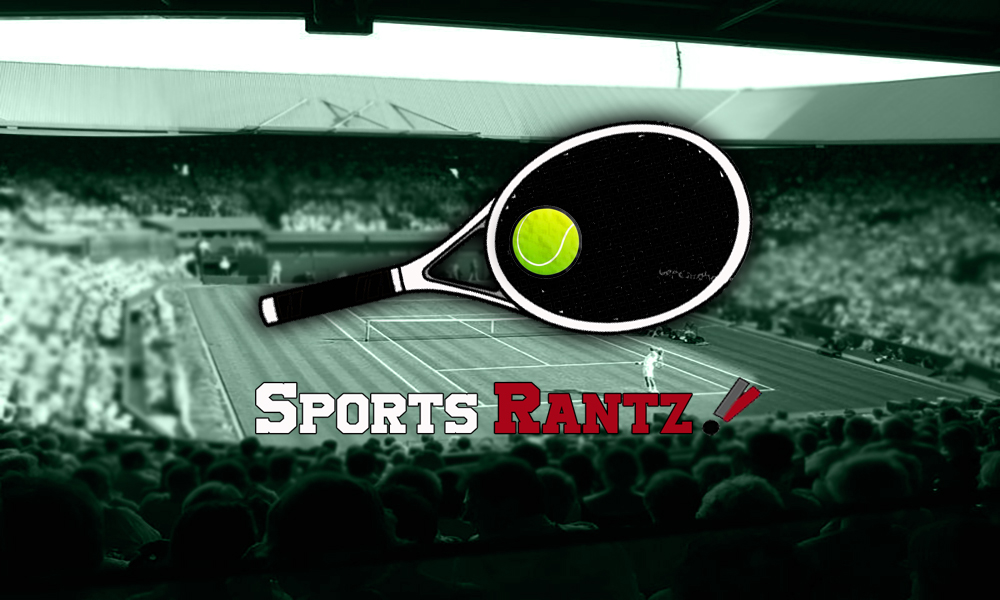If you’re Canadian, and anything like me, you’re probably still riding high on last Sunday’s Gold Medal win for the men’s hockey team (because it was… what’s the word? Oh, right. AWESOME). What’s cooler than an entire country changing their liquor laws so that we can all watch hockey at the bar ridiculously early whilst drinking some nice strong beer? Ya, not a whole lot is cooler than that. To be honest, I still get excited thinking about the win in Vancouver too. Canadian hockey has been soaring on the Olympic stage lately, with three gold medals in the last four Games. Barring that blip in Italy in 2006, our Canadian men have been getting the job done. However, any brief mention of Boxing Day, World Juniors, or “4th place” sends me into uncontrollable hysterics that can only be relieved by replaying the 2010 Golden Goal over and over again. For the past five years, our entries in the IIHF World Juniors Championships have come home with silver or less… and twice with nothing. This came after five straight years of gold and 14 straight years of medals for our U-20 boys. What has happened in Canadian international hockey that has seen the kids play in the sandbox while the adults go to work? Why do we keep winning the Olympics but losing the World Juniors? I have no idea how to fix this problem, but I do have some theories to explain it. Here are the Top 9 Reasons why Team Canada wins at the Olympics but loses at the World Juniors.
9. Management decisions
As soon as any Team Canada roster is announced, there is always discussion on who should be there, who shouldn’t be, and why the men choosing the team are idiots. Lots of people like to coach from in front of their TVs, but the truth is that the person hired to complete this task was hired for a reason. Steve Yzerman knows what he’s doing. He knows the players, he does his research, he watches other games across the league, and he knows the composition of the team he wants to build. Of course he met criticism when the roster was released, but it turns out that Yzerman has this down to an art. Lately the World Juniors squads tend to not build a complete team, but rather select the players that are considered to be the best at that time. It may also be more difficult for scouts to observe all three leagues, but this should not be an excuse. Maybe the men choosing next year’s team should give Stevie Y a call and ask for his magic formula.
8. Scouting Errors
Although making the World Juniors squad can be considered by players to predict future success, it is not always the most successful players that make the team. Many players fade into anonymity once they reach the NHL, if they reach it at all. Matt Halischuk had his moment of glory with an overtime winner in the 2008 gold medal game, but has not had an overly lucrative NHL career. There is absolutely no chance of him ever making Team Canada the way that it is currently set up, but he was pivotal back then. Other players may be late bloomers, never making the World Juniors team but enjoying highly successful NHL careers. Matt Duchene, for example, never played in the World Juniors, but has now reached the top of the Olympic podium. My point is that sometimes, the players picked for the World Juniors may not be the cream of the crop. Although they are all highly talented, there might be a late-blooming future Olympic Champion hiding somewhere, or sent packing at 6am after receiving the most painful call of his career up to that point. The Olympics are filled with only our most elite, proven players, and the task is simply to choose which talent to go with.
7. Coaching Skill
I am wary about commenting on coaching prowess because it is difficult to tell whether issues are the fault of the coach’s systems or the players’ inability to follow them. In junior hockey, there are many excellent coaches on their way up to the big leagues (or who prefer to stay with the junior clubs) but there are also some sub-par coaches that may have failed in the NHL or simply have not made it there yet. It is hit or miss whether a coach’s systems will work in an international tournament, but evidently something has not been working lately. It also takes a completely different skill set to deal with junior players properly in comparison to professionals. Mike Babcock, on the other hand, despite never winning the Jack Adams Award (yet), is a highly accomplished and respected coach around the National Hockey League. He has multiple championship wins on his resume, including World Juniors Gold in 1997 and obviously has a talent for convincing players to buy into his systems. With a stellar coaching staff behind him and a Russian coach that ran his team in units of five, it is easy to see why Canada went further in this tournament than the host country.
6. Buying into the team game
Hockey is a team sport. Everyone knows that, but sometimes when it comes down to it, players forget. They try to do everything themselves, score the game winning goal, bring victory to their country. After all, who doesn’t want their name in the same conversation with Jordan Eberle? However, this often leads to risky, irresponsible play that sees turnovers end up in the back of the wrong net. There is a certain maturity that comes with playing the game at a high level that involves understanding this team aspect of the game. Mistakes are minimized because no one player is attempting to win the game by himself. Our Olympic players understand this concept, and executed the team game perfectly during the tournament. The World Juniors players, on the other hand…
5. Regular Season Playing Competition
In the CHL, all players are under 20 (other than overagers) and the age gap is no more than 4 years. Most players are at similar stages of physical development and just beginning to fill out their bodies with more muscle and strength. This narrow age gap forges a fairly even playing field, with the elite players of the league at the top of the bracket. In contrast, many talented European players end up in the KHL, Swedish Elite League, or something similar, playing against men that are older, stronger and more experienced than them. These players must grow up fast if they want to have successful careers. For example, the Frolunda roster this season contains players born in 1995 to players born in 1980, and everything in between. 18 year olds playing against 34 year olds? Better step up your game, boys. Obviously these 18 year olds, if selected for their national team, will have an advantage over the CHL players who only ever play their equals. However, when it comes to the Olympics, the players that we choose for Team Canada are already playing in the best league in the world. Their competition is already as high as it can get. The tables are reversed and those playing across the pond are now the ones at a disadvantage. The result? Gold for Canada.
4. Goaltending
This has always been an issue for Team Canada, at both levels of play. It is not a question or an opinion, but rather a fact that there are more high quality goaltenders coming from other countries. There are different styles of development in other countries, but the biggest factor is the pressure. Goalies from Finland or Sweden are not nearly as pressured to do well as our Canadian goaltenders. They just get to quietly do their thing, get really really good, and then lead the Boston Bruins on a Stanley Cup run. Our goalies tend to crack under the pressure- even Martin Brodeur had a tough time in 2010 when he was expected to be the starter. Luckily, Roberto Luongo was able to successfully take over. This year, it was never really determined who would be #1, but Babcock chose Carey Price and trusted him to carry the team to the final. And carry it he did, with a career high shutout streak and only three goals allowed in the tournament. His GAA was 0.59 and his Save % was 0.971. For a country who has goalie troubles, we sure did well this time around. It comes down to whether our goalies can handle the pressure- will they step up and take over the game, or will they let it get out of control? Price rose to the occasion, and our World Juniors goalies need to take a deep breath and do the same.
3. Defense
It also helps out the goalie a lot when you have unreal defense in front of you. It’s saying something when the reigning Norris Trophy winner is sitting in the press box while the other defencemen absolutely suffocate opponents. The Canadian defense had everything under control during the Olympic tournament. Plus, Drew Doughty and Shea Weber contributed offensively in a huge way when the forwards were struggling. However, they did it in a safe, risk-free way, either taking hard shots from the point, or only rushing when there were forwards that could cover them if they got stuck. This is a strong contrast to the likes of Ryan Murphy, who was left off the World Juniors squad for two years, and finally made it in 2013 just to make irresponsible, selfish decisions with the puck. Murphy will be a good player once he learns to pick his opportunities better, but that will come with experience in the NHL.
2. Dealing with pressure
I think 2011 hurts the most. Canada had basically won the game. It was 3-0 going into the third period. But then the Russians scored five, including two within 13 seconds, and it was over. Brayden Schenn cried. It was awful. Since then, it has become a trend to blow games late. There is an obvious inability to bounce back from bad goals, and the result is Canada going home without hardware. Canadian fans now expect gold. Nothing less is good enough. To pile this amount of pressure on boys that can’t even legally drink yet is unfair, but it is a reality in this country. For some of these players, it is their first time on the big stage, and it is obvious that lately, they have not been prepared. In contrast, our Olympic teams are mostly composed of older, more experienced players (Drew Doughty circa 2010 is an exception). They have played on the big stage before. They have won World Juniors Gold, Memorial Cups, World Championships, and Stanley Cups. When a game isn’t going as planned, they don’t panic. They just calmly continue on with the game plan and execute it until it works. Take this year’s quarterfinal game against Latvia, for example. Canada was winning that game, everyone knew it, but when it came down to it, Latvia put up one hell of a fight and had at least the fans worried. I’m pretty sure I tweeted something along the lines of, “BRB PUKING” during that game. I was freaking out. But not the players, nor the coaches, and that’s why they’re wearing gold around their necks today.
1. Are these just really awesome players?
It is entirely possible that there is just something about these players that makes them winners. Collectively, the 2014 edition of Team Canada, which included 11 veterans from 2010, has almost 20 gold medals from the World Juniors. These were the players that got us excited for five straight years. These were the players that spoiled Canadian fans and caused us to now expect nothing less than gold. These were the players that gave us something to cheer about back then, and are doing it again now. Crosby, Toews, Perry, Bergeron, Weber- these are all names that I remember from almost ten years ago. Maybe there is just something special about them. Maybe there is no secret formula to winning the Olympics or the World Juniors- these guys are just plain good. So good, in fact, that they are consistently better than everyone else in the world. This is definitely possible, and if this is the case, then I look forward to watching them for many years to come.
Here’s to looking forward to Korea in 2018 (if our favourite NHL stars are even allowed to compete) – do you have any theories about why we dominate one tournament and fail to succeed in the other?


